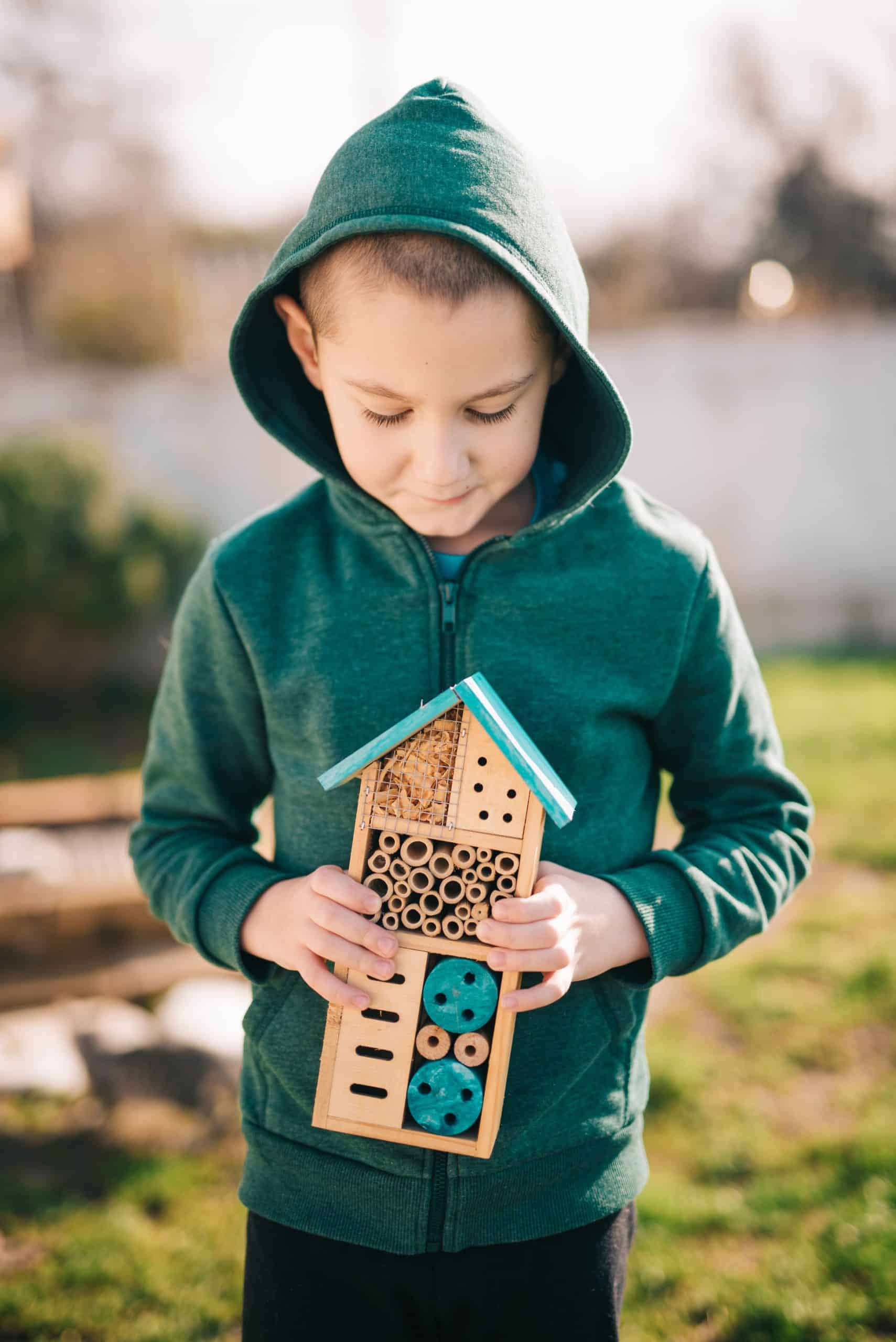What’s the Role of Edible Insects in the Future of Sustainable UK Diets?

More than ever before, the world is shifting towards sustainable practices in almost every aspect of life. We’re recycling more, reducing our carbon footprints, and seeking out renewable energy sources. But one area that often gets overlooked is our diets.
In the United Kingdom, this movement is gaining momentum, with one surprising element leading the charge – edible insects. Once thought of as a novelty or survival food, insects are now being seen as a viable option to support a sustainable diet in the UK. We’ll delve into the role they play, the impacts they have, and how they’re being incorporated into everyday meals.
Lire également : How Can Exoskeleton Technology Assist UK’s Aging Population?
The Frontier of Sustainability: Edible Insects
When we think of sustainable food sources, insects may not be the first thing that comes to mind. However, these tiny creatures have enormous potential to revolutionize the way we approach food in the UK.
Edible insects, such as crickets, mealworms, and grasshoppers, have a significantly smaller environmental impact than traditional livestock. They require less land, water, and food to raise, and produce fewer greenhouse gases. Furthermore, they are highly nutritious, packed with protein, vitamins, and minerals.
A voir aussi : What’s the Latest on Digital Equity and Internet Access in UK’s Rural Areas?
In the UK, the consumption of edible insects isn’t entirely a new concept. Insects have long been part of certain regional cuisines, though not as prominently as in other parts of the world. It’s only recently that the potential of edible insects as a sustainable food source has been recognized on a larger scale.
The Nutritional Value of Insects
A key factor driving the rise of insect consumption in the UK is their nutritional value. These small creatures pack a powerful punch when it comes to nutrients, offering a range of health benefits to consumers.
Insects are a rich source of high-quality protein, comparable to that found in meat and fish. They also offer essential fatty acids and are rich in fibre, a nutrient often lacking in Western diets. In addition, insects provide numerous vitamins and minerals, including iron, zinc, and B-vitamins, all of which are crucial for good health.
The high nutritional value of insects, combined with their environmental benefits, makes them an attractive option for those seeking to adopt a more sustainable diet.
Overcoming the ‘Yuck’ Factor
Despite the compelling benefits, there’s one significant hurdle to overcome – the ‘yuck’ factor. In Western cultures, insects are often seen as pests, not food. Convincing people to put them on their plates can be a challenge.
However, attitudes are changing. In the UK, various start-ups are creating products like insect-based protein bars, pasta, and baking flours, making it easier for people to include insects in their diets without having to eat them whole. Celebrity chefs and food influencers are also helping to shift perceptions by featuring insect-based dishes on their platforms.
The key to overcoming the ‘yuck’ factor is education. It’s about understanding the benefits – both to our health and the environment – and realizing that insects can be a tasty addition to our meals.
The Impact on the UK Food Industry
The rise of edible insects is having a profound impact on the UK food industry. A growing number of companies are taking advantage of the trend, offering a range of insect-based products. Supermarkets are also getting in on the action, with some now stocking insect products on their shelves.
In addition to commercial opportunities, the insect farming industry is also benefiting. The UK is home to several insect farms that breed insects for human consumption, helping to support local economies and create jobs.
While still in its early stages, the edible insect industry in the UK shows great promise. It’s a trend that’s set to reshape the food industry, offering a sustainable and nutritious alternative to traditional protein sources.
The Future of Edible Insects in the UK
Looking ahead, the future of edible insects in the UK looks promising. As more people become aware of the environmental and health benefits, the demand for insect-based products is likely to increase.
Educational initiatives are also playing a crucial role. Schools, universities, and organizations are promoting the consumption of insects as a sustainable food source, helping to shift perceptions and drive acceptance.
While there’s still a long way to go, the tide is certainly turning. Edible insects are slowly but surely making their way into mainstream diets, representing a significant step forward in the pursuit of sustainability in the UK. As we progress, it becomes clear that insects have an integral role to play in the future of sustainable diets in the UK, contributing to a greener and healthier society.
Innovations and Applications in Culinary Arts
While the thought of consuming insects may be initially off-putting, the innovations in the field of culinary arts have made it easier and more appealing for individuals to incorporate them into their diets. The culinary world has taken on the challenge of preparing edible insects in a way that both honors traditional cuisines and explores new, modern dishes.
In the UK, renowned chefs have been experimenting with insects, using them as key ingredients in their dishes. From cricket flour used for baking to mealworm-based pastas, the options are quite diverse. And it’s not just about creating novelty dishes for adventurous foodies. These chefs aim to normalize the consumption of insects through delectable dishes that showcase their versatility, nutritional value, and sustainability.
Street food vendors and restaurants have also started to introduce insect-based dishes on their menus, offering food that is both delicious and environmentally friendly. At food festivals and marketplaces across the UK, visitors can now sample a variety of dishes that feature insects, ranging from snacks like roasted crickets to more complex dishes like insect-based burgers or tacos.
Beyond restaurants and food festivals, cooking shows and online cooking tutorials have also played a significant role in popularizing the use of insects in everyday meals. By demonstrating various ways to cook with insects, these platforms are helping to educate the public about the potential of insects as a sustainable food source and encouraging them to try it out for themselves.
Promoting Acceptance and Implementation
The challenge to promoting the acceptance and implementation of edible insects into the UK diet is mainly a psychological one. However, overcoming cultural prejudices and preconceived notions requires a concerted effort from various sectors of society.
In addition to culinary innovations and educational initiatives, public health campaigns, environmental organizations, and even governments are needed to promote this shift in dietary habits. Highlighting the health and environmental benefits of edible insects, these entities can help to encourage consumers to overcome their initial hesitations and try insect-based foods.
Moreover, regulatory bodies need to support this emerging industry by establishing clear guidelines for the farming, processing, and selling of edible insects. This will not only ensure food safety but also help boost consumer confidence in these products.
Conclusion
In conclusion, the role of edible insects in the future of sustainable diets in the UK is significant and multifaceted. They offer a sustainable and nutritious alternative to conventional protein sources, and their potential is being increasingly recognized by chefs, food manufacturers, and consumers alike.
Overcoming the ‘yuck’ factor and promoting the acceptance and implementation of edible insects in our diets is a challenge, but one that is being progressively addressed through culinary innovations, educational initiatives, public health campaigns, and regulatory support.
While the journey towards incorporating insects into our daily diets is still in its early stages, the progress made so far is encouraging. As more people become aware of and receptive to the idea, we can expect to see an increasing presence of edible insects in UK diets, contributing to a future that is not only more sustainable but also more diverse and healthy.
